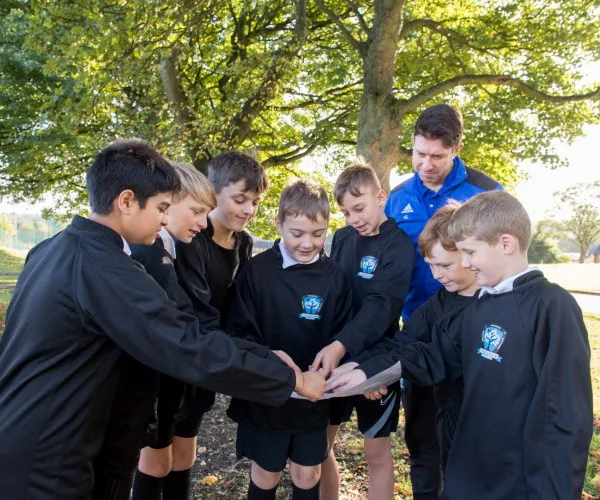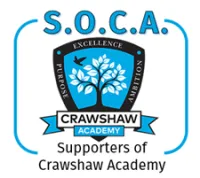- Learning at Crawshaw
- Year 11 Revision
- The Crawshaw Curriculum
- Personal Development
- Subjects
- Homework/Independent learning
- Remote learning
- Exams Information
- Learning Resource Centre
- Post 16 Provision
- Future Ready/CEIAG
- Post 16 Provision
SMSC in Media
Spiritual education in Media Analysis of films, documentaries, or advertisements that deal with existential questions, spirituality, or personal growth. Discussions focus on how media can reflect and influence personal beliefs and values. Examine how different religions and spiritual beliefs are portrayed in the media. Discussing the accuracy, stereotypes, and the impact these portrayals have on public perception.
Moral education in Media Teaches students about the ethical responsibilities of media producers, including issues like truthfulness, fairness, and respecting privacy. We encourage students to consider the ethical implications of the media content they create, such as the potential impact of their work on different audiences and the importance of avoiding harmful stereotypes.
Social education in Media We explore how media acts as a tool for social change, community building, and raising awareness of social issues. We also study how media influences social behaviors, norms, and values. Discussion and project work promotes collaboration, communication, and teamwork, helping students develop important social skills.
Cultural education in Media involves helping students understand and appreciate the diversity of cultures represented in the media, as well as the cultural impacts of media on society. This aspect of education encourages students to critically engage with media from various cultural perspectives and understand the role media plays in shaping cultural identities and narratives.
Examples of Spiritual, Moral, Social and Cultural Education in Media include:
-
Discussing case studies involving ethical dilemmas in journalism, advertising, or entertainment.
-
Critically analysing the moral messages conveyed in films, TV shows, and advertisements.
-
Debates on the moral implications of controversial media topics, such as violent video games, sensationalist news coverage, or the representation of marginalized groups in the media.
-
Analysing campaigns, documentaries, or social media movements that have successfully influenced public opinion or policy.
-
Studying social media's role in shaping youth culture or the effects of reality TV on societal expectations.
-
Engaging students in group media production projects, such as creating a short film or a school newspaper.
-
Exposing students to films from different countries and cultures.
-
Explore the use of cultural symbols in media, exploring how certain images, colors, or motifs are interpreted differently across cultures
- Learning at Crawshaw
- Year 11 Revision
- The Crawshaw Curriculum
- Personal Development
- Subjects
- Homework/Independent learning
- Remote learning
- Exams Information
- Learning Resource Centre
- Post 16 Provision
- Future Ready/CEIAG
- Post 16 Provision













